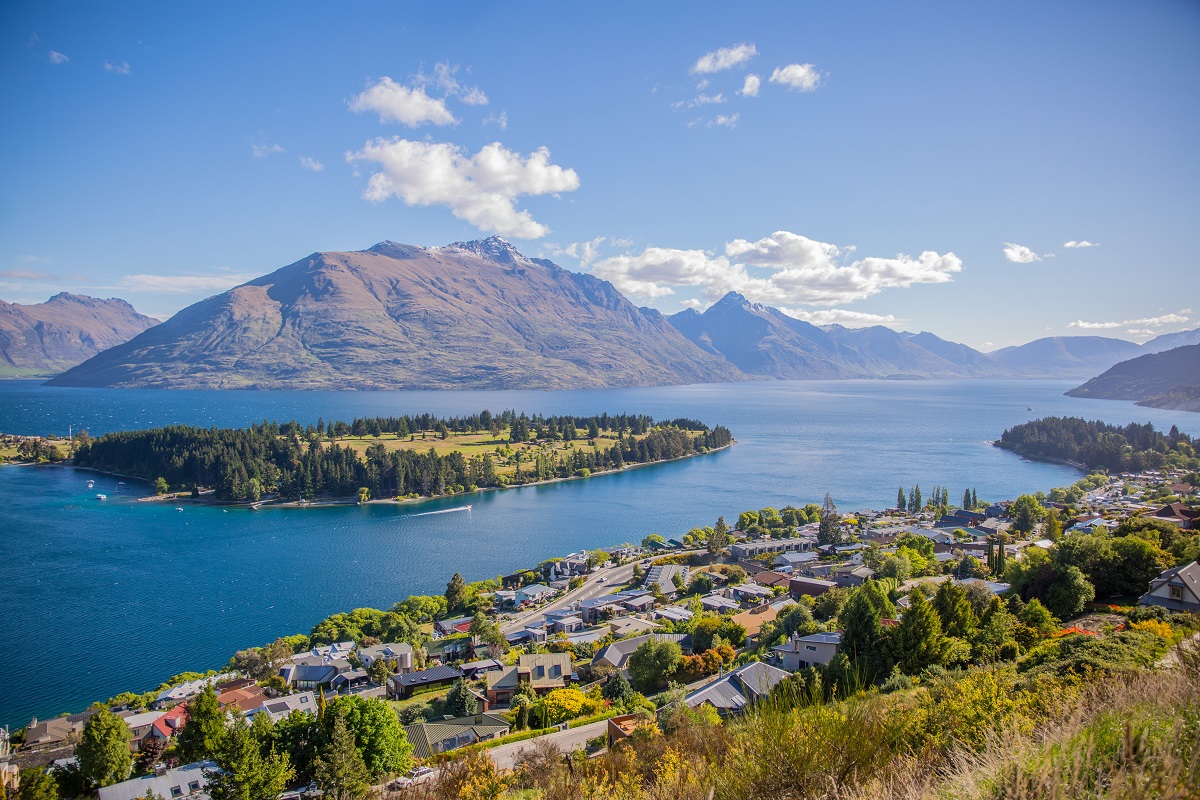students, workers & explorers going to New Zealand & travelling from New Zealand.

Answer our simple questions to get started


InsurancesafeNZ provides three different travel insurance policy categories: Studentsafe, Workersafe and Explorersafe. This means that if you’re travelling to New Zealand, travelling within New Zealand or temporarily leaving New Zealand, we have something to offer you. Use the Policy Finder to narrow your policy search and get a quote. Our website is also packed with great information on how to keep safe, how to make the most of your time abroad and how to understand your travel insurance policy better. If you need further assistance contact one of our friendly staff on our toll-free number 0800 486 004 (within NZ) or +64 9 488 1638 (outside of NZ).
Studying in New Zealand is an adventure of a lifetime, which is why a range of unexpected bumps and accidents are covered under Studentsafe policies.
But when it comes to certain medical conditions, you may not be automatically covered. That’s why it’s important to disclose any medical conditions you want cover for.
The term “Pre-existing Medical Conditions” is commonly used when applying for insurance. This refers to your medical history and the full definition can be found on
Being in good health is key to embarking on an exciting study adventure in New Zealand.
Anyone planning to study in New Zealand for more than three months is required to apply for a student visa.
When applying for a new or to renew a visa, you may need to provide New Zealand Immigration with medical information to demonstrate an acceptable level of health.
Studentsafe policies do not cover medical costs for your visa application.
Studentsafe policies are desig
Your wellbeing is important which is why Studentsafe provides cover for medical and related expenses.
But before you make an appointment for check-ups related to your health, it’s important to understand what is and isn’t covered under your policy.
Studentsafe does not provide cover for certain medical tests listed as Exclusions under Section 1: Medical and Related Expenses as set out below:
9. Health screening, medical and dentals reviews or vaccinations.
&
Staying healthy plays a vital role in making the most of your study adventure. If you have been prescribed medication and are looking to make a claim, it’s important to understand what is and isn’t covered under your policy.
Just because a certain medication has been prescribed by your doctor, it does not mean that it is automatically covered.
Studentsafe does not provide cover for certain medical tests listed as Exclusions u
Keeping mentally well is important to make the most of your study adventure.
While studying away from home is an exciting life experience, there are times you may feel overwhelmed or experience loneliness, stress, anxiety and depression.
During these challenging times, it’s important to recognise the pressures you may be under, whether it’s adjusting to a new environment or the added load of assignments and exams.
If you need professional help, you can feel assured knowi
If you’re reading this article, you’ve already made a sensible choice. If you’re in a new relationship, or thinking about starting to date, it’s important to think about how you can ensure that you and your partner stay safe when you’re having a little extra ‘fun’.
So read on to learn more about what steps you should be taking to keep safe. The consequences can range from irritating to life-threatening – and that isn’t a gamble anyone should take.
Any new culture will have customs that you will start to learn very quickly as soon as you arrive! To give you a head start on your time in New Zealand, we’ve got a few key bits of information about Kiwi culture – and a whole lot of detail about speaking like a local!
When you’re walking the streets of New Zealand – or even when you’re still at the airport and navigating escalators – it’s good to remember that we drive on the left, not the righ
Unless you’re really into skiing, winter in New Zealand isn’t really the most exciting time of year. It’s not cold enough for there to be pretty snow falling in the cities, but it’s still cold enough that you don’t want to spend time outside unless you have to. Instead of snow, we mostly get rain and wind. It’s certainly not terrible – but it does give you a good excuse to go somewhere sunny if you have the time and budge
Adjusting to a new workplace comes with challenges wherever you are in the world – and if you're in a new country as well as a new workplace, those changes can be even more extreme. New Zealand culture is quite friendly and informal, and this extends to many workplaces. But it can be difficult at times to understand where the limit is – how casual is too casual and what will make you look unprofessional? How formal is too formal and what will make you look too unapproachable?
Some of
Everyone experiences periods of stress in certain situations – perhaps exams are coming up, or you’ve spent a little more than you intended to at dinner and pay day is still a couple of days away. That’s a normal part of life, and most of the time, it goes away fairly quickly when the source of the stress comes and goes. You pass your exam, you check your bank account and ther
A healthy worker is a more productive worker. It seems like an obvious statement to make, but in today’s working world, many workers feel that they have keep pushing and pushing to get results – even at the expense of their health and wellbeing. Workplaces need to be more supportive of their staff to make sure that they feel they are able to take time to get healthy if they are unwell, or to express their concerns if they are overburdened with stress.
Ask any adult what their student years were like, and there will almost always be two things that everyone has in common – lots of fun, and hardly any money! But if you’re new to a city or even a country, it can be hard to know where to begin when it comes to finding social activities that you can do on a student budget.
To help you out, we’ve rounded up some of our top tips for free and cheap things to do in New Zealand’s main student cities and towns to get you started!
Flatting doesn’t have to be expensive. There are a number of ways you can set up a flat on a budget without losing out on quality and the occasional treat. To make sure that you get the best experience possible no matter what your income may be, we’ve brought together a few of our favourite tips and t
When you’re away from your family and community that feeling of homesickness can feel very overwhelming. Making friends and keeping busy are the easiest ways to prevent homesickness – but you need to put the effort in. If you sit at your computer looking over your soci
When you’re planning adventures overseas, there’s so much excitement that it can be easy to forget about the parts of travel that are a little less glamorous. Organising travel insurance may not be as thrilling as planning your routes and researching the major attraction
For many people, the shift from university study to the working world is one of the biggest changes they will ever experience. Life until that point is focused on formal education – sitting in class, doing homework, taking notes… and then all of a sudden, it’s time to step out into
No matter where you go in the world, someone will tell you to keep safe and often there’s a good reason for it. When travelling or moving somewhere new it can be tempting to step outside of your comfort zone and give everything a go. While this is a great attitude it’s important to explore your new surrou
Relocating to a new country for work is hugely exciting. Getting a new job and home and navigating new cultures, practices and languages is an immersive experience and can be incredibly consuming.
An “out with the old, in with the new” approach can be tempting – after all, you’re making a
In general, the younger your children are the easier it will be for them to pick u
For many of us, our pets are part of the family. For expats intending to move overseas with their pet, planning and research before the move is essential. It is crucial to ensure the welfare of your beloved pet during and after transit, and that regulation surrounding the importation and exportation of pets is complied with.
Research animal import regulations for your new country of residence, to determine what conditions must be met for your pet to be allowed en
In some ways many may find New Zealand airports easier to understand and less stressful than other airports. Our customs agents aren’t armed, and they tend to be friendly unless you give them reason not to be. The airports themselves aren’t huge multi-terminal places where you can get lost just trying to find the right place to check-in.
But in other ways, they can seem very strict for people not familiar with New Zealand and our unique place in the world. Our biosecurity rules in particular are extremely strict, which can be confusing to many people visiting for the first time.
This article focuses on what you need to know before going through a New Zealand airport. Hopefully it will help you have an easier journey, and make sure that you start your time here pleasantly!
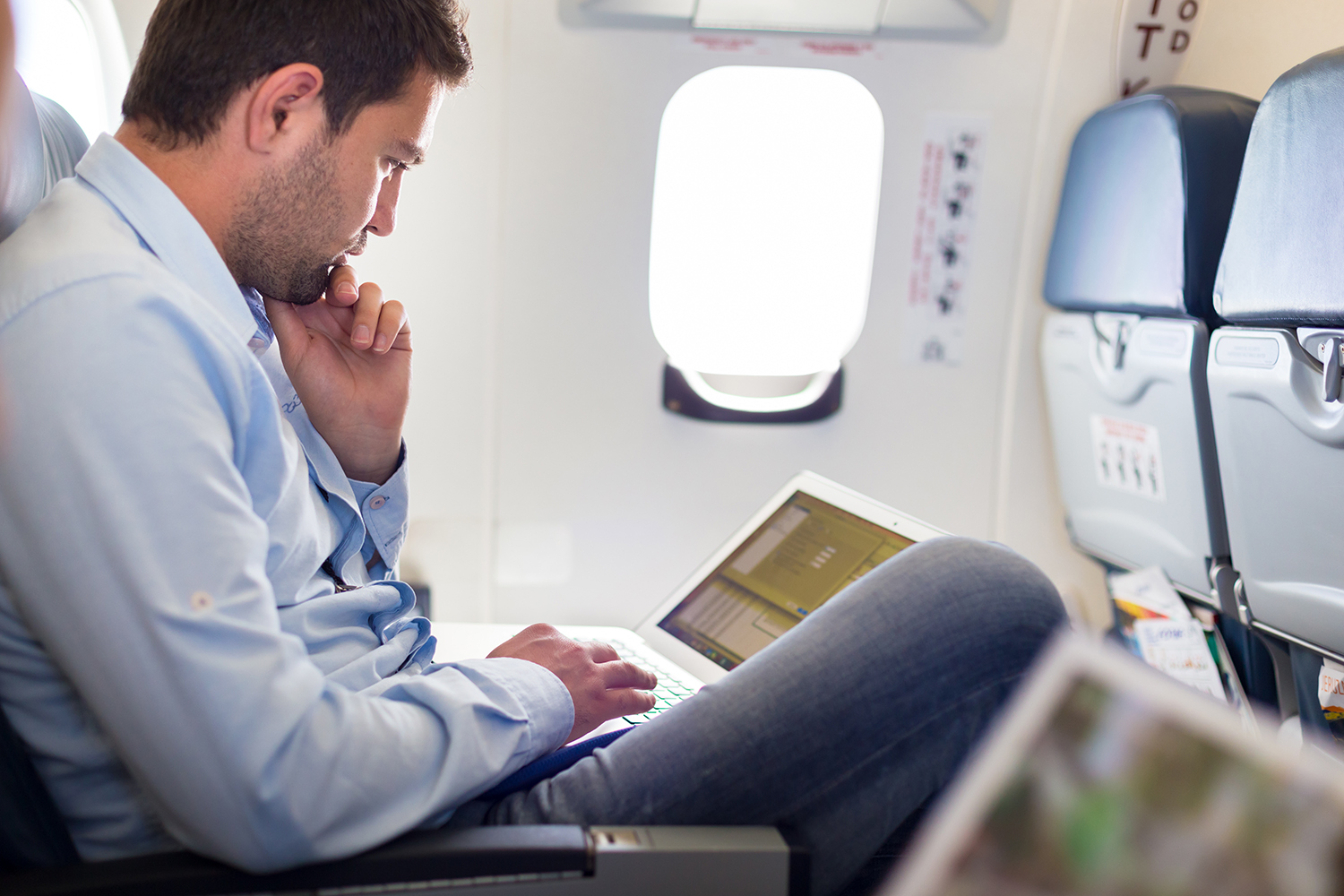
First things first – get your visa right
This first point applies for travel to any country, not just New Zealand – make sure that you have the right visa! The last thing you want to happen is to find out that you have packed everything up, paid for flights, organised your plans… only to be turned away at border control because you arrived with the wrong documentation. There are many different visas, with variations for visitors from different countries – especially if you are coming to New Zealand on a working holiday. The Immigration New Zealand website has more information, and they are the organisation to contact if you have any questions.
Packing for New Zealand
To save yourself a lot of trouble in biosecurity and customs, it’s sensible to carefully consider the rules that are in place for what you can and can’t bring into New Zealand. We have very unique plant and animal life here, and we spend a lot of time and money protecting it so that it’s preserved for future generations.
This means that we are much stricter than many other countries about what can be brought in, or what must be declared if it is brought in. After all, we’re an island nation that’s further away than any other country than almost anywhere else – so we keep firm protections in place. For example – did you know that there are no snakes in New Zealand? Not in the wild – but not even in zoos? They pose too much risk to our native bird life, so we just don’t let them in at all.
Thinking about what you’ll need to declare
When you’re in the plane on the way to New Zealand, you’ll have to fill out a Passenger Arrival Card, where you declare any potential risk items that you are carrying. But rather than waiting until you’re in the air to think about what you’ve packed, it’s sensible to refer to the list while you’re packing, so you know in advance what items might cause a problem. Sometimes, you could have easily fixed the situation before you packed if you had known that there could be a problem.
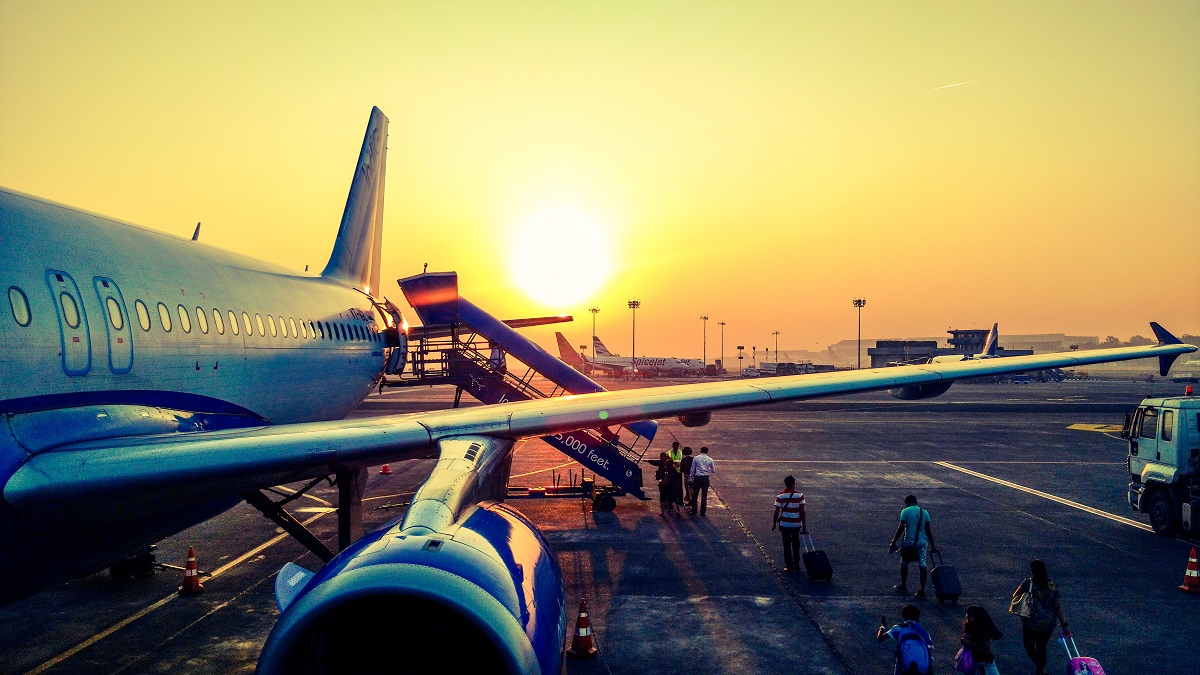
As per the guidelines from Biosecurity New Zealand, you must declare:
- Any food
- Animals or animal products
- Plants or plant products
- Equipment used with animals, plants or water
- Items that have been used for outdoor or farming activities
Food
When it comes to food, as long as it’s declared, some types of food are permitted. However, some things are also always banned no matter what – fresh fruit and vegetables, fresh meat or fish, and any honey or bee products.
Most of the time, border officials will let you bring in baked goods in sealed packaging – as long as they don’t have raw nuts or any filling like meat or fresh fruit. Confectionery items are generally acceptable, provided that they don’t contain liquid honey, loose fresh fruit, loose raw seeds, raw citrus peel or meat products – which may sound unlikely, but chocolate covered bacon is a new treat in some places!
Common types of tea – Early Grey, English Breakfast, Green, Chamomile – can be brought in without issue, whether it’s loose leaf or in tea bags. Herbal tea is acceptable if it is in sealed teabags or sachets, while loose herbal teas will need to be inspected at the border.
The reason behind these food restrictions is that they can potentially bring in pests or diseases that can threaten our natural resources. This in turn lowers our agricultural and horticultural production as a company, which affects our trade ability with other countries – so ultimately threatens our economy.
All it takes sometimes is for one little insect to sneak through at the wrong time, and it can cause chaos. In February 2015, several Queensland fruit flies were found in a central Auckland suburb – which resulted in a controlled area being set up around the location the population of flies was found, and for 1.5km in every direction, fruit and vegetables were not able to leave the area after entering it. That controlled area stayed in place until December of that year – so you can understand that these threats are taken very seriously in New Zealand.
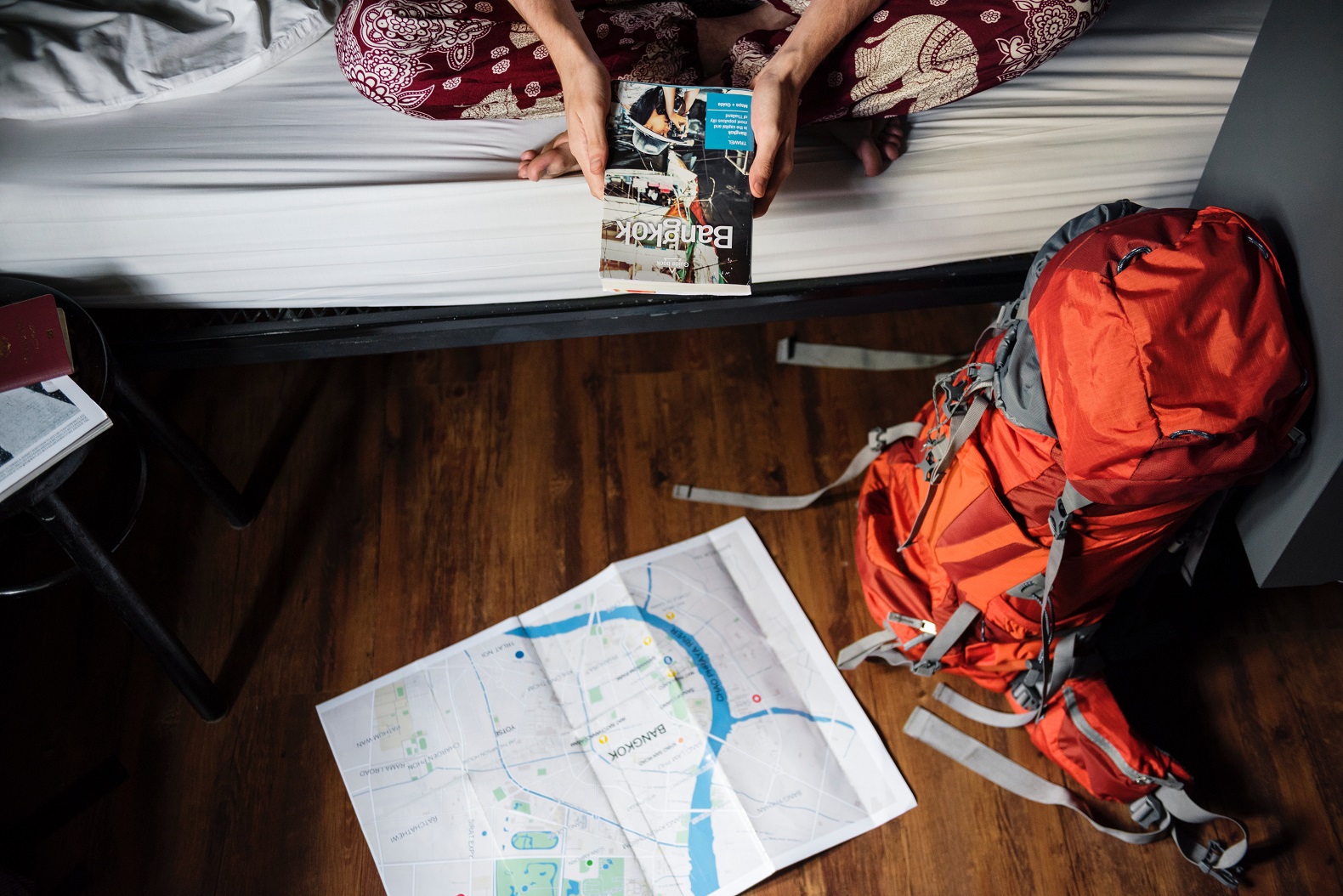
Animals & plants
Anything that comes from an animal or plant source must be declared. That means anything from obvious things like meat, eggs and plant cuttings to things that you might not immediately think of, like shells, feathers, bone carvings, items made from wood and herbal medicines. As with the different types of food, some will be fine, and others will not – and some may be acceptable after the biosecurity team take it away to be treated before returning it to you. Think hard about anything that you’re packing – you don’t want to get a fine because you forgot that you had a straw hat in your luggage and didn’t declare it.
Used outdoor equipment
If you are a keen hiker who plans on hiking while you’re in New Zealand – as many visitors do – you must be very careful with your gear. Any footwear that you have used for hiking, or on a farm, or anywhere outside of an urban area, must be well cleaned before you come to New Zealand, and they must not have any soil or seeds stuck to them.
The same applies to tents and camping equipment, anything that you might have worn or used while working with animals or gardening, and any fishing and water sport clothing or equipment. Clean everything as carefully as you can – and if you’re just not quite sure, declare them just in case. Hopefully the biosecurity staff will check them over and then compliment you on how well you cleaned them!
Ultimately, if there is anything that you are not quite sure about, you should declare it, just to be safe. The worst case scenario is that you will have that item taken away – which is unfortunate, but it’s the way the rules work. Most often, if you have been thoughtful about packing and sensible about what you declare, the biosecurity staff will tell you that everything’s fine and that they appreciate your commitment to travelling here properly. But if you don’t declare a problem item and it’s found by biosecurity, you’ll have it taken away and you’ll have to pay a fine.
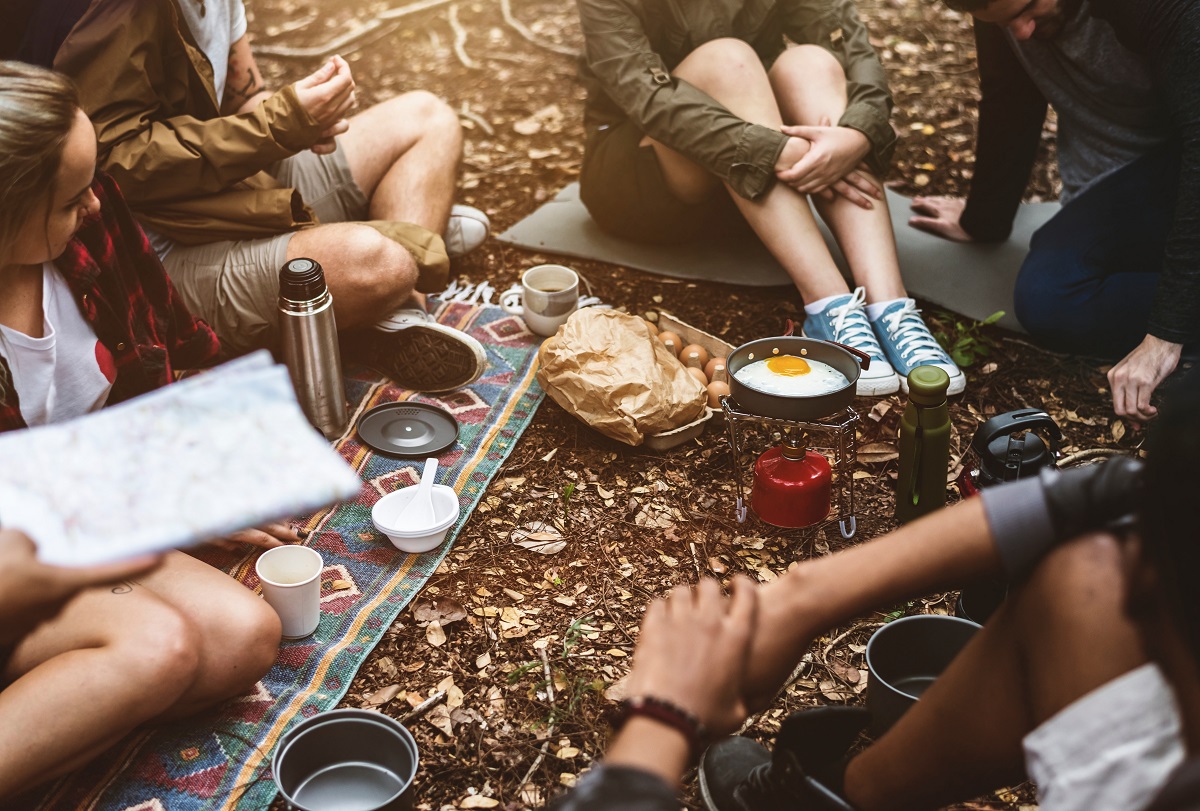
Arriving in the country
After you’re off the plane and back on solid ground again, the first official stop is Passport Control – though you can pause for a bathroom trip or a drink of water beforehand if you need to. Visitors from some countries can use the new eGate technology if they have a modern e-passport, while visitors from every other country – or who just don’t have a new enough passport – will talk to an Immigration Officer.
Countries that can use the eGate are currently: New Zealand, Australia, the UK, the USA, Canada, China, France, Germany, Ireland, and The Netherlands. Just make sure that you present yourself in a similar way to how you look in your passport photo – if you didn’t wear glasses in your photo but you wear heavy frames now, take them off so that the computer can properly recognise you.
If you’re talking to an Immigration Officer, they will ask you if there is anything you need to declare – just like with the Passenger Arrival Card, you need to be truthful about anything coming in with you. Nobody wants their visit to a new country to begin with a fine. They might ask you a range of other questions, things like:
- What is the purpose of your trip? I’m here on a working holiday.
- Do you have a return ticket? No, but here’s proof I have funds to purchase one.
- Do you have sufficient funds required of your visa? Yes, here is my bank statement.
- Where is your first destination? I am staying at Haka Lodge for my first three nights. It’s located at 373 Karangahape Road.
- What was your last destination? Shanghai.
- Have you visited New Zealand before? No.
They may also ask you how much cash you have with you – if you have more than NZ$10,000 or the equivalent in another currency, you will have to go through additional steps.
The Immigration Officer will stamp your passport and return it to you along with your Passenger Arrival Card. The next stop is luggage collection, before you head along to New Zealand Customs, where you’ll be asked about items to declare again. By now you should be an expert at knowing what you need to mention! Your bags may be X-rayed, and they may also be checked by a customs dog and their handler while you wait in line, as part of the checking for prohibited material.
Hopefully you will have learned by now that being honest about what you are bringing into New Zealand with you is a very important part of the process of arriving. But it’s a useful way to start your time here, as it’s a reminder of how important our natural world is to those of us who live here, and means that you can understand the Kiwi way of life from the moment you arrive.
The exciting part comes next. Once you’ve passed through the X-ray lines and spoken to customs and biosecurity officers about any final questions they may have, you’ll get to walk through those doors where crowds of people are waiting to greet visitors and returning New Zealanders alike. Even if you’re arriving by yourself, it still feels nice to get a warm reception to a new country. Nau mai, haere mai ki Aotearoa – welcome to New Zealand.
